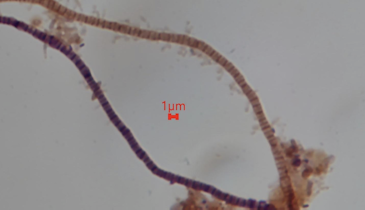Heavy rains and excess water from homeowner sump pumps nearly caused disaster at a treatment plant in Sioux Falls, S.D., last week.
“Our wastewater treatment plant has never, ever, worked as hard as it worked last night and is currently working right now,” said Mayor Mike...






